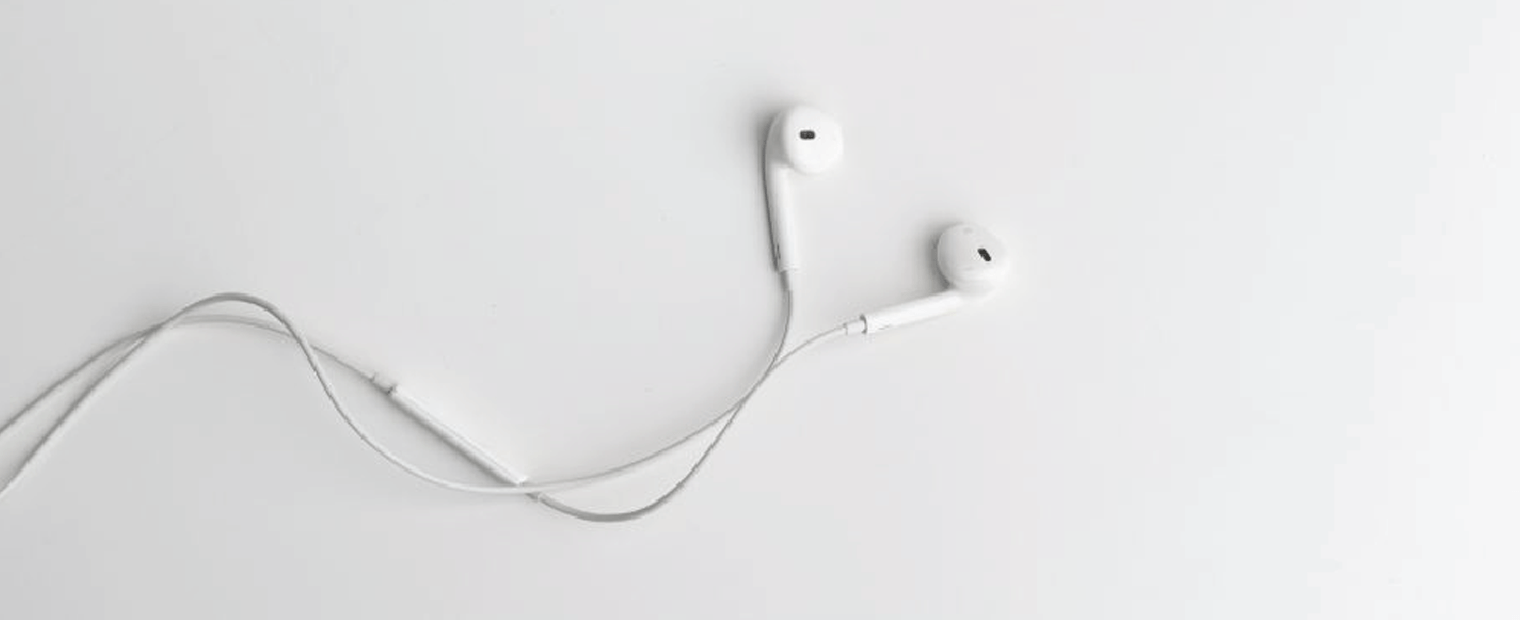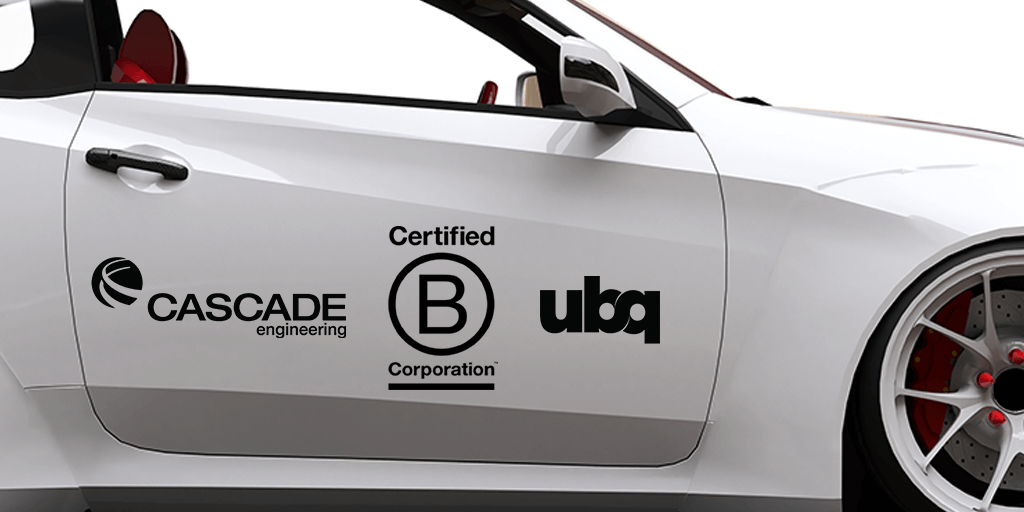An independent London-based company, Innovation Forum has decades of collective experience in sustainability events and publishing. It researches, creates, and facilitates debate-driven events that tackle critical business sustainability challenges around the world. It works with partners such as the Pew Centre, the Ethical Trading Initiative, and Unilever to deliver collaborative events known for asking tough questions about business innovation and sustainability.
UBQ Materials’ CEO, Tato Bigio, recently joined Innovation Forum weekly podcast host Ian Welsh to discuss UBQ’s role in a zero-waste environment. The two discussed a wide range of topics including waste streams, how waste can be converted into new thermoplastic materials, and how UBQ Materials can outperform traditional plastic on a full lifecycle analysis basis.
But before we dive into the podcast recap—we’re proud to announce that UBQ Materials received the “Future of Plastics” award at Innovation Forum’s virtual conference held October 20-22, 2020. The award recognizes leading technologies designed to disrupt the market while providing much-needed innovations to combat plastic pollution.
Game-Changing Innovation
After a brief overview of UBQ’s history and process, Bigio and Welsh jumped right into discussing just how game-changing UBQ Materials is. What, exactly, Welsh asked, is the end product the UBQ process produces? The short answer, Bigio explained, is that the company has invented a revolutionary technology that separates the natural components of multiple types of waste and then creates a new bonding matrix from them to create a thermoplastic that can be used by industries to make end products. The result is tiny pellets, just like petroleum-based ones, which manufacturers use in the production of plastic chairs, tables, and any other plastic products you can imagine.
Is there anything left over once the waste streams have been converted? One of the most significant benefits to UBQ is that during the process there are no sludges or leftovers. Once you get into the reaction phase where the conversion occurs, however, valuable and highly recyclable metals and minerals are removed. These are sold back to the recyclers and then the remaining components are converted. The process doesn’t use any water and is accomplished at temperatures below 220ºC, comparatively low when compared to petrochemical industries.
The UBQ Process
Because landfill-destined waste can be different depending on things like the type of curbside recycling communities do, Welsh wondered how important a balance in the different waste materials was.
As Bigio pointed out, UBQ’s goal is to have nothing end up in a landfill. The UBQ process uses a proportion of organics like foodstuff, cardboard, and paper together with mixed plastics like bottles and packaging. As to proportions, they tend to be similar no matter which stream UBQ is dealing with. In major cities like New York, Tel Aviv, Amsterdam, or cities and countries in Asia, the proportion of organics and plastics is usually about 70/30 to 80/20. Since UBQ works in batches, he says, if inside the organic waste, there’s a little more paper one day and the next there’s a little more foodstuff, “statistically we end up having a consistent result.” That said, the process is calibrated to adapt to individual city circumstances. And, of course, the feedstock can be balanced when necessary.
The Future of UBQ
Along with traditional plastics customers like Mercedes Benz and McDonald’s, UBQ has just introduced a new line for 3D printing. For now, the company works primarily with durable products, not things like packaging materials. Food contact plastics are a complex affair so UBQ is not currently focused there. But Bigio says he does see a time when they’ll enter the area. In the meantime, the millions of tons of petro-based plastics UBQ Material can replace “is of enormous benefit.”
To hear more of this terrific exchange where Bigio and Welsh talk about things like essential sustainability goals, current UBQ partners, and UBQ Material’s recyclability, take a listen to the full podcast.


